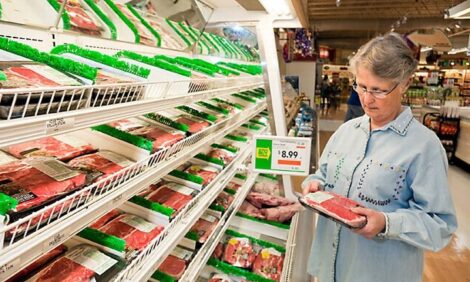



Weekly Overview: Mixed Fortunes for the Danish, Brazilian Pig Industries
ANALYSIS - This week's news includes detials of the mixed fortunes for the Danish pig industry over the last year, according to the annual report of Denmark's Pig Research Centre. In Brazil, too, the industry is not doing as well so far this year as was predicted.An overview of the Danish pig industry from the Pig Research Centre highlights not only high and fluctuating feed costs but also a lack of investment in finisher facilities, resulting in weaner exports, which, it says, has led to "an extremely unfortunate development for the national economy and for the pig industry". There is positive news, however, on animal welfare and antibiotic use, which has fallen by 20 per cent.
In spite of all the reasons to believe that 2013 would be a wonderful year for the pig industry in Brazil, the roller coaster effect seems to be returning. 2013 looked promising but it just is not fulfilling that promise, according to a report from Genesus Brazil.
Turning to the US, grain futures markets were under modest selling pressure in the wake of the latest US Department of Agriculture monthly supply and demand (WASDE) report issued last week, according to grain analyst, Jim Wyckoff.
One way to boost returns in the EU is to achieve protected geographical indication (PGI) status. For food and drink products, PGI can more than double the prices obtained on the open market.
And finally, campylobacteriosis is the most reported zoonotic disease in humans, with a continuous increase in reported cases over the last five years, according to the annual report on zoonoses and food-borne outbreaks in the European Union.
The joint report from European Food Safety Authority (EFSA) and the European Centre for Disease Prevention and Control (ECDC) says that the trend in reported human cases of verocytotoxin-producing Escherichia coli (VTEC/STEC) has also been increasing since 2008, further strengthened by the outbreak in the summer of 2011. However, Salmonella cases in humans have continued to fall, marking a decrease for the seventh consecutive year.








